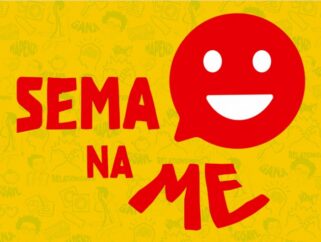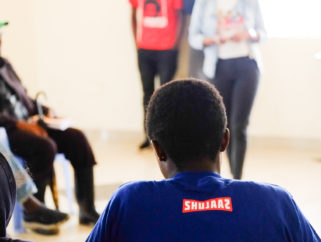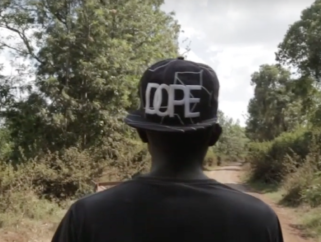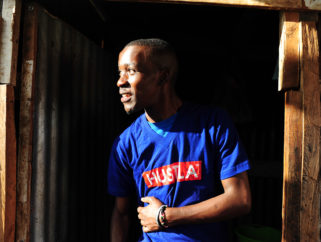At 18, Kenyans already know their mobile money matters [ARCHIVE]
- Money & Entrepreneurship
- Tech & Innovation
- 18 Jan 2017
By the time they are 18 years old, almost a third of Kenyans already have a mobile money account in their name. But how and when do they learn about managing money and using mobile money to help them?
Tomorrow (Thurs 19 Jan), we will be launching the findings of an action research project, with FSD Kenya and the Bill and Melinda Gates Foundation. We analysed young people’s financial “pre-journey”– the period before they turn 18. At the beginning of the project, our Knowledge and Learning team conducted a GroundTruth study – a unique methodology that blends peer and team based, interactive, and intense qualitative research and a triangulation process to reach new, deeper and more nuanced insights.
What we found was that young people are introduced to the concepts of money and financial activities very early in life – some when only four or five. Children’s early experiences with money are related to “transmitting” cash from parents (or guardians) to other adults for specific expenses: like bill payments, buying grocery, repaying loans, lending money, and so on.
The second stage of learning starts around the age of nine or ten, once young people have grasped the basic financial concepts and have understood the benefits of having their own money: the money about which a person can make independent decisions. It is at this stage that some young people start generating a small income either by deliberately “leaking” portions of transmitted amounts or by finding legitimate (i.e., adult-approved) ways to earn money. “Leakages” are by far the most common way of creating an income-stream at this age.
At the second stage of their “money” journey young people start performing digital finance activities on behalf of adults in their households, often due to literacy-related challenges. Some turn that new responsibility into an advantage by exploring the world of digital finance adults around them. One of Shujaaz fan, told us that he set up an M-Shwari account on his grandfather’s phone and successfully borrowed and repaid a loan without his grandfather ever knowing about it.
In their mid teens (14-17), young people move to the third stage. They discover a range of spending avenues: boys often start investing in lifestyle – like electronic gadgets and partying – while girls typically spend money on fashion and grooming. At this stage young people also start experimenting with “adult” income-generating activities, including illicit ones. With all the commercial temptations around, young people’s spending habits change and they have to earn their own money to avoid having to ask adults for it. “What for?” is the question adults use to micromanage the way young people behave.
Young people often form SACCO-like groups to make money: offering cleaning services, collecting garbage, and other group based hustles. The same peer-to-peer groups become an informal financial tool, helping young people secure savings and borrow, with no questions asked.
As they develop informal financial networks, digital finance remain in young people’s lives. For example, for those at boarding school, parents might open a mobile money account (for the child but in the parent’s name) to transfer allowances. That same account will receive money generated through “tea-spoon” hustles by school children who sell commodities such as margarine and sugar. At school, the kids cash-out with the help of a teacher or just use cashless services like Lipa na M-Pesa.
Once young people reach 18 years old, family and society start pressuring them to contribute to household income and to cover the cost of their own needs. Only those from wealthy families can afford to stay passive recipients of allowance. Thankfully, young people in Kenya arrive to this final stage of their “money” journey already equipped with more than a decade of experience earning and managing money as well as with a collection of informal financial tools.
What they are missing, however, is a budgeting tool. And that is where #PesaPersonas could help. Imagine the Exel spread sheet meeting the Shujaaz comic. It’s only in the user-testing phase but we think it could revolutionise the way that the next generation of Kenyans manage their money.



![ICT4D: They say, billions of dollars will be unleashed by the global digital economy in the next 3-5 years [ARCHIVE]](https://www.shujaazinc.com/wp-content/uploads/2019/12/BKM_0626-copy-321x242.jpg)

